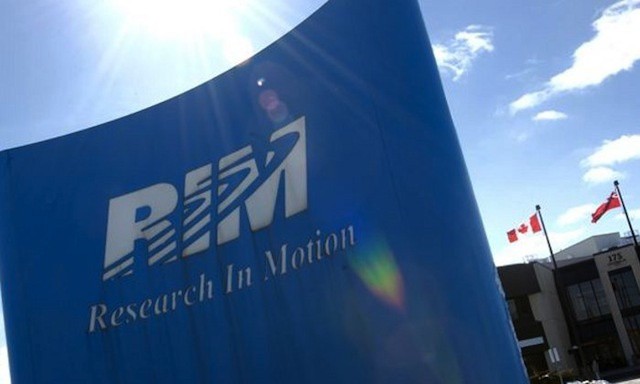After months of denying and downplaying its problems, RIM seems to finally be waking up from its delusional fantasy world and accepting that it’s in extremely dire straights. That was the big take away from the company’s quarterly financial call Thursday evening.
The call was the first headed by the company’s new CEO Thorsten Heins, who took over earlier this year after the resignation of co-CEOS Jim Balsillie and Mike Lazaridis. Heins made it clear that he understands the challenges facing RIM (as well as the delusional thinking that created many of them) and that he cannot guarantee the company’s success as it struggles realign itself to the current mobile market.
After months, if not years, of consistently rosy delusions about RIM’s product line and its place in both the U.S. and global smartphone markets, this call definitely had a sober tone to it.
Heins made it clear early in the call that he understands the company’s desperate position, saying “It is now very clear that substantial change is what we need.”
He identified several key points that have led RIM to its current state as a distant third-place player in the smartphone space:
- The company’s lack of focus in its strategy and its acquisition of and focus on consumer technologies outside its core enterprise brand
- That RIM was “late to the bring your own device movement”
- The fact that RIM’s “full touch” products are not competitive in today’s marketplace
- A lack of LTE devices for the US market
Heins described the attempt to turn RIM around as requiring a “significant transformation” and offering “no guarantee of success” – sobering news that led the company to not offer any forward guidance to investors because the it doesn’t feel it can provide accurate forecasts given its current state.
As part of the attempt to turn the company around, RIM will focus on its enterprise brand and capabilities, make a push to get BlackBerry 7 devices in the hands of users, and move forward with the release of BlackBerry 10, the company’s next generation QNX-based OS that is expected to ship later this year. The company will also look to build strategic partnerhsips around its brand and infrastructure wherever possible, though Heins offered no examples of what that might look like. The company will experience some reorganization for greater efficiency, particularly in its supply chain.
Multiple key departures from the company were noted in the call including former co-CEO Jim Balsillie’s decision to resign from RIM’s board. Additionally, David Yach will be retiring from his role as chief technology officer of software and Jim Rowan chief operations officer of global operations has chosen to leave the company. RIM is undertaking a search for a new COO and it is still actively searching to replace its former chief marketing officer.
Key financial details from the call includes:
- $2.1 billion in cash and equivalents (a far cry from Apple’s cash horde)
- Revenue of $4.2 billion, down 19% from the previous quarter
- GAAP net loss of $125 million ($0.24 per share diluted)
- Adjusted net income of $418 million ($0.80 per share diluted)
- 68% of revenue came from markets outside the US, UK, and Canada
The company reported shipment of 1.1 million BlackBerry handsets, which is down 21% from the previous quarter and 500,00 PlayBooks. That brings total PlayBook shipments to 1.3 million units. It’s important to note those numbers are shipments from RIM to carriers and resellers not actual sales. Compared to Apple’s launch of the new iPad, which included 3 million sales in the first weekend, the the results for RIM’s tablet look incredibly dismal.
At the end of the day, RIM isn’t a particularly healthy company and its prospects are pretty bleak. The difference now is that the company is under the leadership of someone willing to acknowledge those realities. The big question for the company is whether the years spent in denial about the market transformation started by Apple (and maintained by both Apple and Google) will ultimately cause its demise or whether it can leverage what’s left of its brand and other resources enough to survive.


